Inspirating Tips About How To Tell If Your Glands Are Swollen

This is the passageway from your mouth and nose down to your esophagus and trachea.
How to tell if your glands are swollen. When to see a doctor. Symptoms / swollen lymph nodes. The swelling nodes, known as lymphadenopathy, happen when the.
You might have a common cold or throat infection,. How do you know if you have swollen lymph nodes? Often, a swollen throat is caused by an infection, like a cold, flu, or strep.
The lumps may feel tender or sore when you press on them. Lymph nodes, also known as lymph glands, are part of the lymphatic system, which fights infection. Immune or autoimmune disorders that can cause swollen lymph nodes are:
The lymph nodes in your neck and other parts of your body can be swollen for years, but not be a sign of cancer. Rheumatoid arthritis (ra) cancers that can cause swollen. Swollen lymph nodes are your body’s natural reaction to illness or infection.
A computerised tomography (ct) scan. How to do a thyroid swallowing test. Depending on the cause of your swollen lymph nodes, other signs and.
The most common signs of swollen lymph nodes are: Swollen glands feel like tender, painful lumps. How to check.
On each side of the neck. Lymphadenopathy is another name for swelling in the lymph nodes. A biopsy (where a small sample of fluid is taken from the swelling and tested) common causes of.
Lymph nodes that feel like they're the size of a kidney bean or larger. People often feel their lymph glands in the neck. Swollen glands caused by an infection will usually get better by themselves within 1 to 2 weeks.
Symptoms that may be present along. Tenderness or pain in your lymph nodes. You can sometimes feel them as lumps under the skin.
Some swollen lymph nodes return to normal when the underlying condition, such as a minor infection, gets better. Salivary glands make saliva and help with digestion. The medical term for a swollen lymph node is lymphadenopathy.
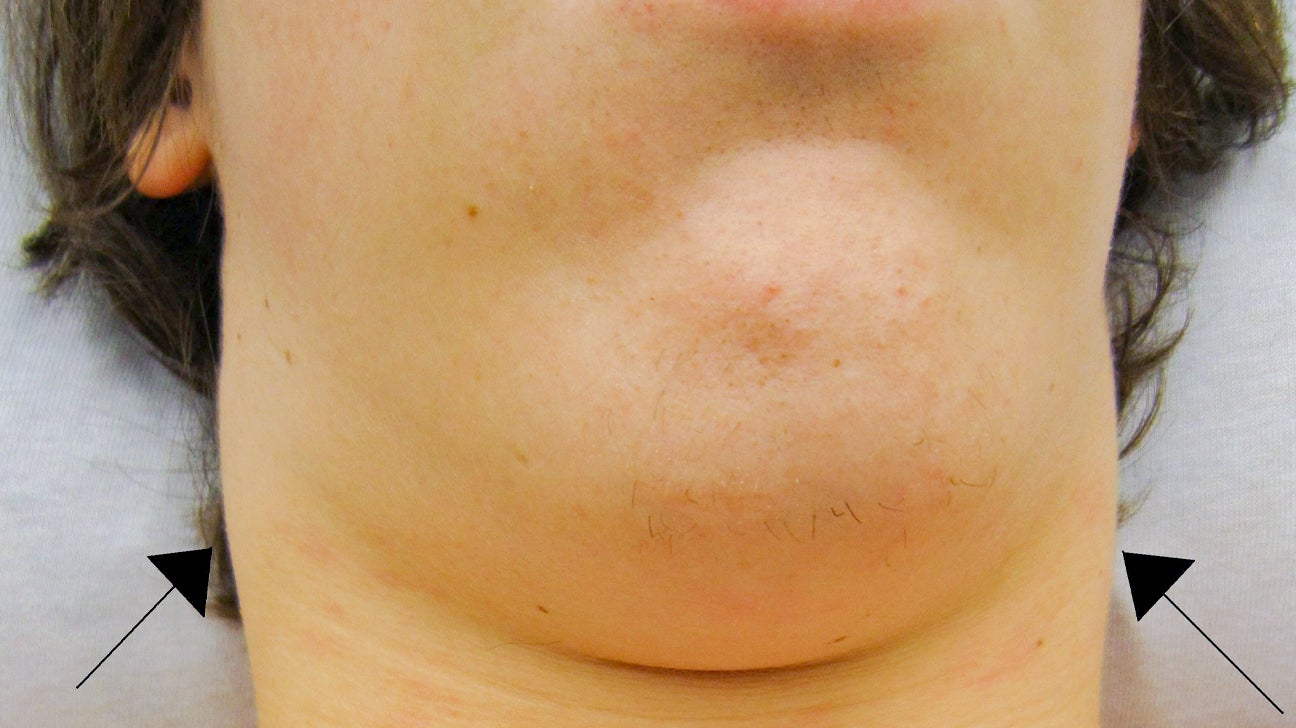
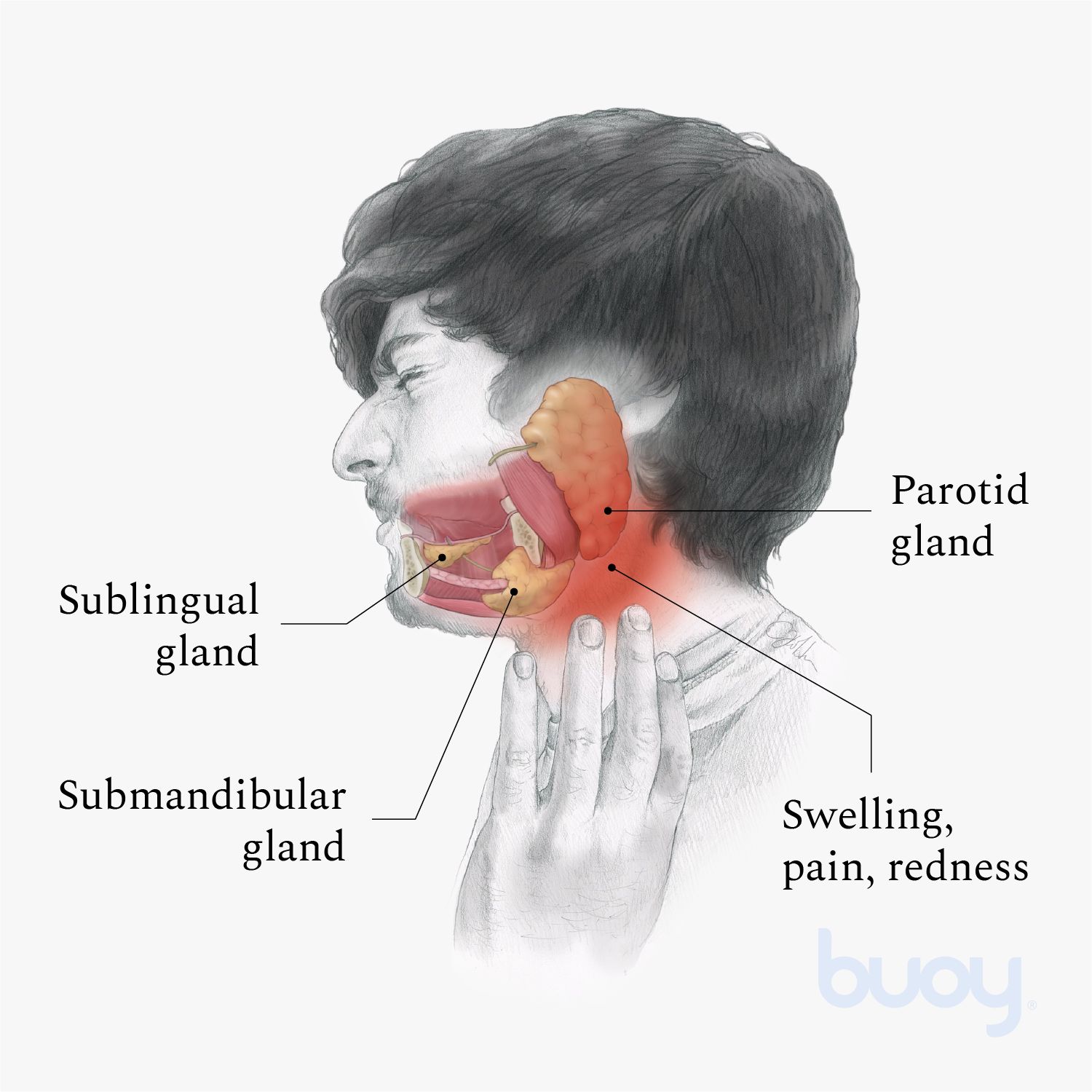
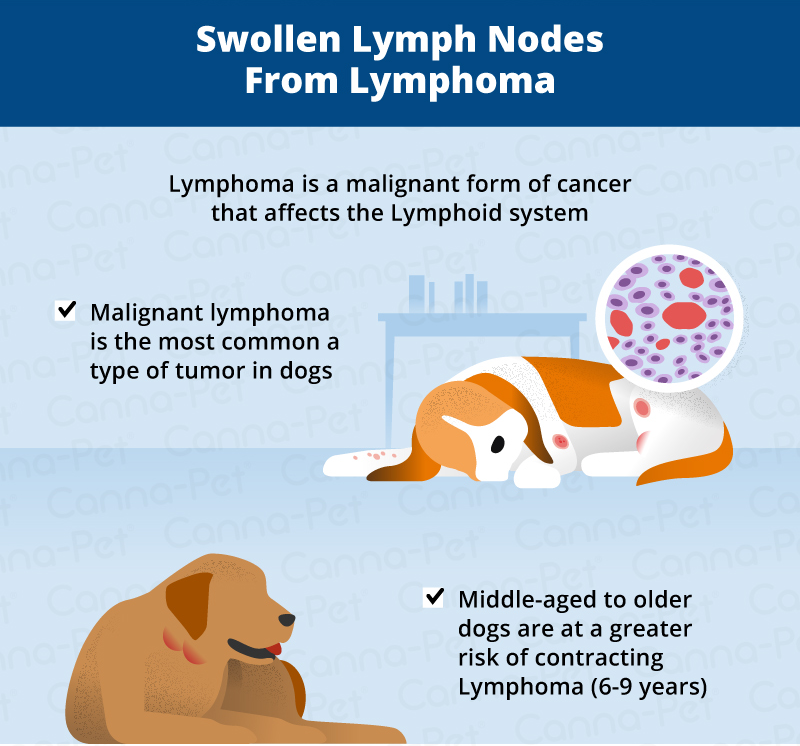








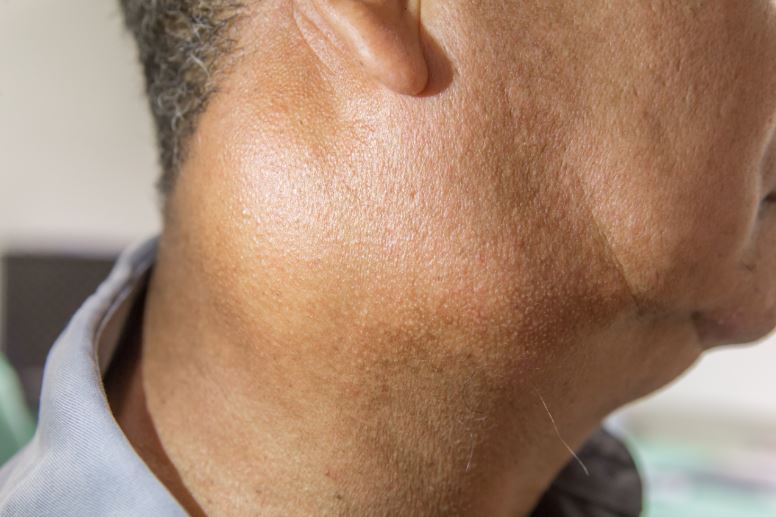



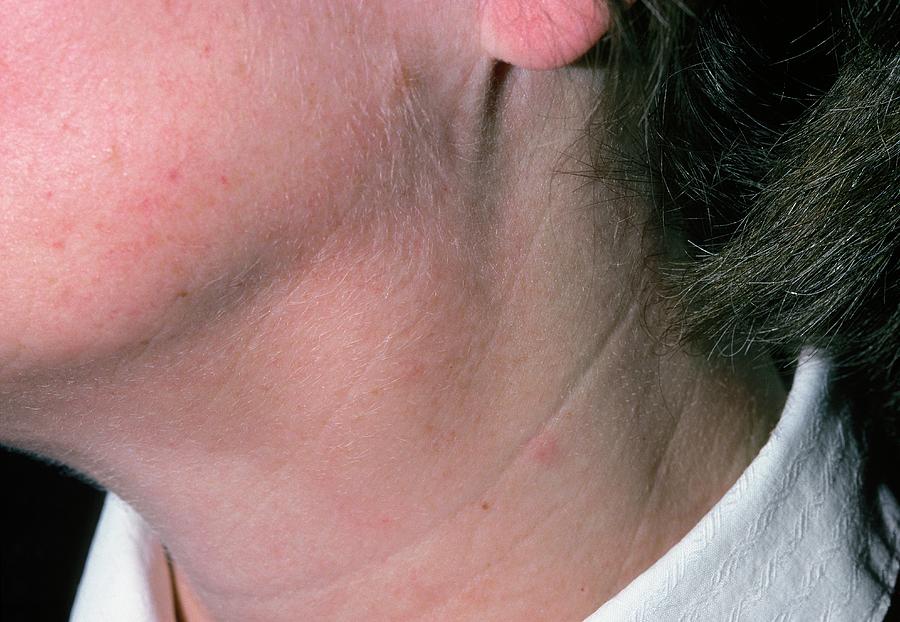
/cervical-lymph-nodes-2252142-5c40b920c9e77c0001e83f40.png)
